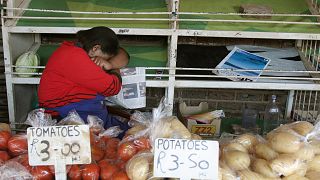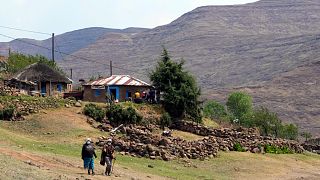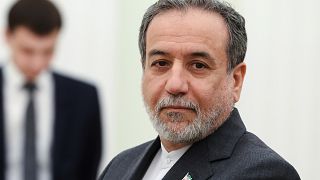Africa
Recent reduction in crude oil prices is telling on the savings of Central African countries.
The International Monetary Fund said the Economic and Monetary Community (CEMAC) region of the African continent had a budget deficit of 6.5 % in 2015.
Director of the International Monetary Fund (IMF) Christine Lagarde said the economic growth rate in the six-nations of the Economic and Monetary Community of Central Africa (CEMAC), dropped to 2 percent down from an estimated 4 percent in 2015.
According to IMF, reduction in public spending, and economic diversification and stronger regional trade are necessary to spur growth in the sub-region.
“Growth in the resources-rich CEMAC bloc including Cameroon, Central African Republic, Chad, Congo-Brazzaville, Equatorial Guinea and Gabon slowed in 2015 to around 2 percent and will increase only slightly this year. The prolonged slump in oil prices presents a new reality for CEMAC.”
Global oil prices dropped from over $100 a barrel since June 2014 due to over-supply worldwide, to around $30 a barrel. The recent drop in prices pose a major challenge for countries in Central Africa whose economies mostly depend on oil exports.
Oil is produced in five of the six countries of the sub-region, including Cameroon, Chad, Congo-Brazzaville, Equatorial Guinea and Gabon.
Some countries have been hit harder than others as the fall in oil prices affected recent growth in Equatorial Guinea, leading to reduction in its Gross Domestic Product.
However, Cameroon experienced a 6 percent growth as a result of diversification of its economy.
The economies have also been hit by security concerns, particularly attacks by the Islamist terrorist group, Boko Haram, which has carried out many attacks in the far-North region of Cameron as well as other countries bordering Lake Chad, including Niger.
CEMAC sub-region growth is expected to hit 3.5 percent in 2016, still far below the growth of previous years.
To resist future drop in the economy, the central bank, and IMF recommend a structural re-form and the diversification of the economy of central African countries..













11:19
Cyber Africa Forum highlights Benin's bold digital resilience [Business Africa]
Go to video
Paraguayan town celebrates vibrant Kamba Ra'anga festival with masks, fire and tradition
01:51
WEF's Summer Davos focuses on entrepreneurship and innovation
01:47
Chinese city of Xuchang is world's biggest producer of wigs
01:15
U.S. considers adding more African countries to travel ban
00:52
Botswana cuts back on diamond production amid weak global demand